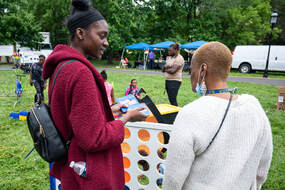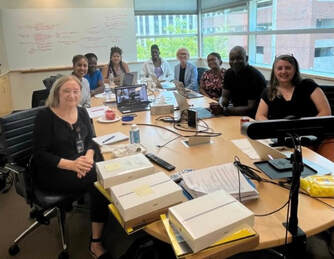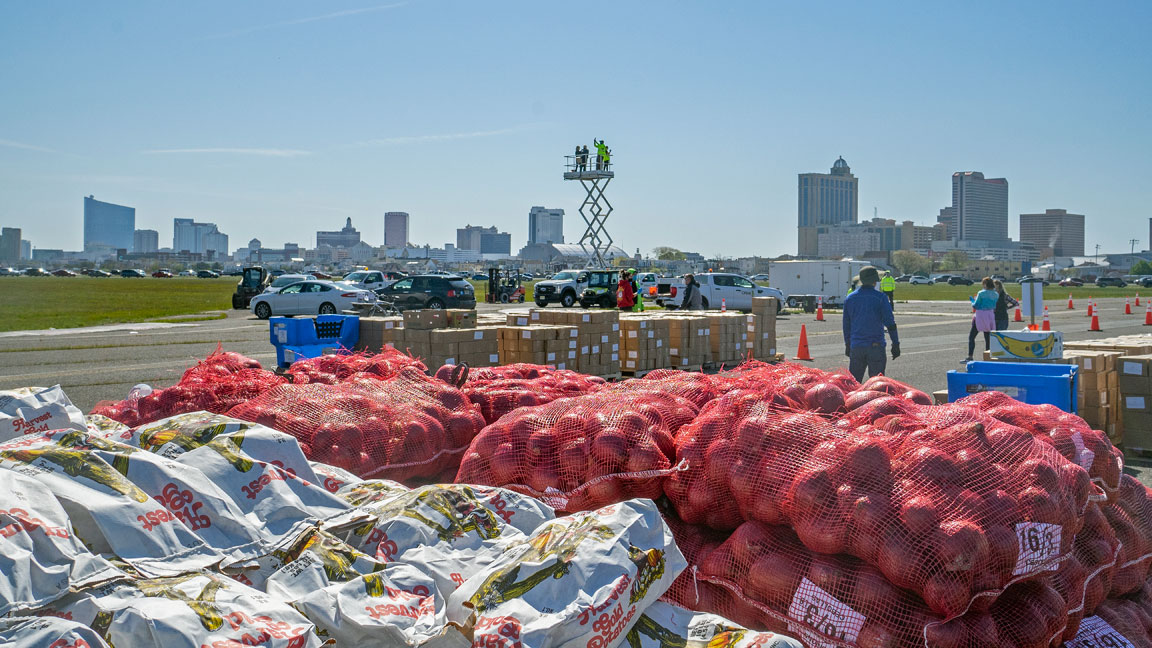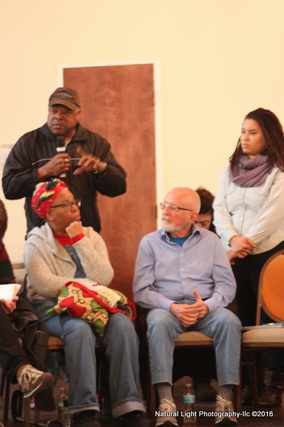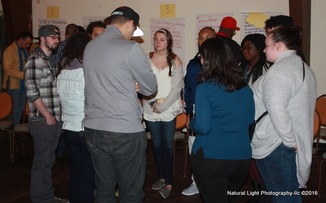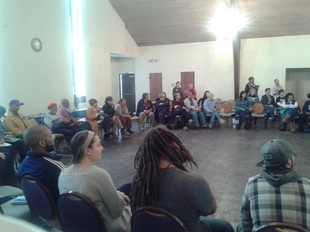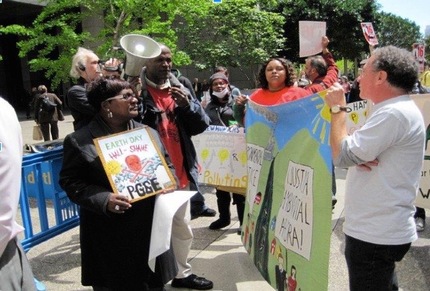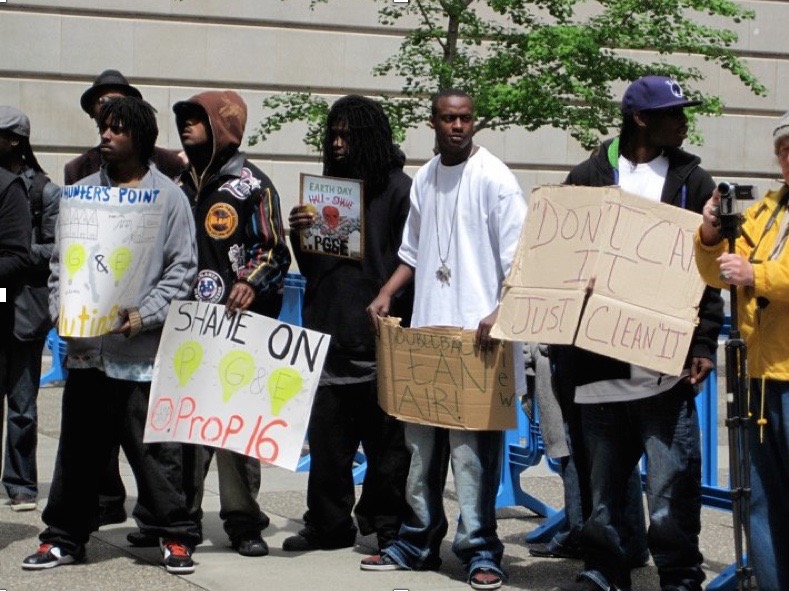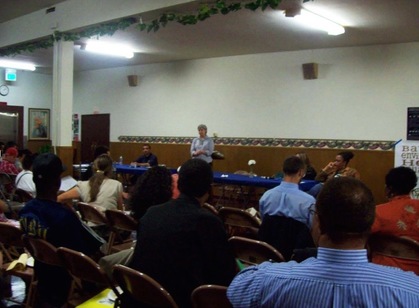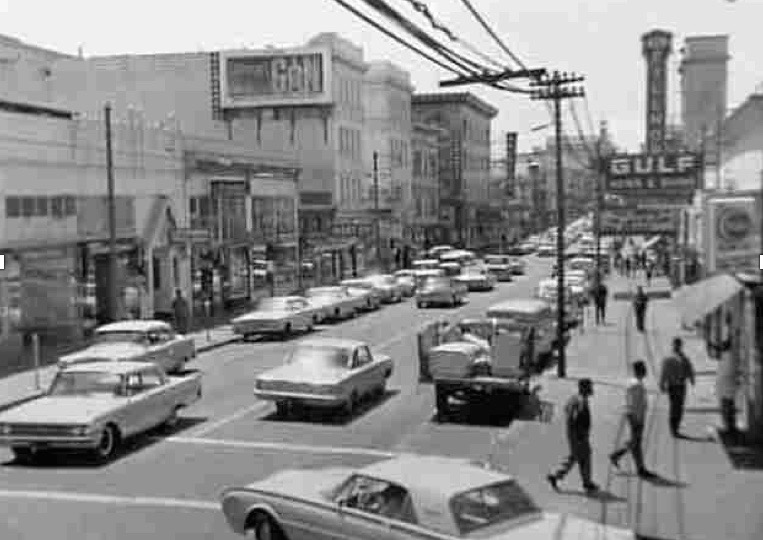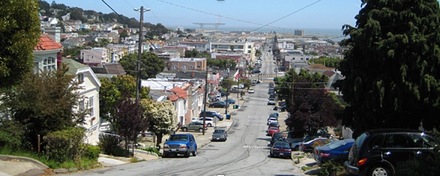Black Maternal Mortality in Trenton
|
In partnership with my colleague Dr Betsy Erbaugh, we are working with The John S. Watson Institute for Urban Policy and Research on a research study entitled “Trenton Maternal and Infant Health Equity Project.” This is an exciting project funded by the New Jersey Economic Development Authority in partnership with the New Jersey Office of the First Lady’s Nurture NJ strategic initiative. In particular, we are conducting community engagement research in Trenton with Black women for the development of new statewide Maternal and Child Health Center to be based in Trenton, NJ.
For more information regarding the project, you can check it out here. |
Food Insecurity in Atlantic City and CountyAs part of my Justice and the Environment symposium at Stockton University (that was cancelled), I linked up with the Hughes Center to conduct a food insecurity poll for Atlantic City and County.
Atlantic City and County residents faced food insecurity prior to the pandemic. Check out the poll data. |
Urban Collisions: Redevelopment, Gentrification and Environmental Justice
|
Students Learning about Inequality Through Community Based Work (2016)For this study, I am primarily interested in the ways students learn about issues of inequality through community-based learning and service learning.
In Spring 2016, students in my urban sociology course completed service learning with the same community group I am seeking to work with in the Fall. Through analyzing students’ thoughts in their reflection papers, many reported having an increased awareness of urban problems (since many felt they were sheltered from it), a more personalized perspective of groups that have been historically stigmatized, and better critical thinking skills incorporating course material with actual community perspectives. Others reported that they learned more about themselves, what they know and who they are as Stockton students. Students also reported developing an increased comfortability around the language of inequality and opportunity with more active and engaged ways of being a Stockton student within the South Jersey community. In the video below, my colleagues and I discuss the benefits of using Service Learning in our classes. |
|
Redevelopment and Gentrification in San Francisco's Historically Black Communities (2009-2014)
This study examines how Black residents in San Francisco navigate the politics of race, space and power during a time of massive change in the city. Based on field research conducted over a two-year period, this study provides an ethnographic account of the concerns that both middle-to-upper and low-income Black residents share about redevelopment and gentrification in the Fillmore and Bayview Hunters-Point neighborhoods of San Francisco. This study illuminates a mismatch of ideas and values regarding the renewal of historically Black neighborhoods. The meaning of the word “Black” in San Francisco was intimately tied to the concept of “urban renewal,” and the concept was integral to the context and the subtext of many conversations concerning current redevelopment projects in the neighborhood. The words “Black” and “urban renewal” are connected to a shared history of dispossession, instability and the persistence of a racial hierarchy in San Francisco.
|
Conversations about redevelopment and gentrification most often operate within a context that makes clear the politics of who is “in” and who is “out.” Today’s economy, built so much more heavily than in the past upon reliance on secondary education and specialized knowledge, tends to transform and redevelop the city’s oldest neighborhoods in ways that often leave out poor, uneducated Blacks who lack the means to flee the city and , as a result, are the most vulnerable to institutional control. This study questions the stability and presence of a Black community in San Francisco, which has declined in population since the 1970s. This study of Black San Francisco contributes to sociological knowledge by exploring the different values, meanings and perspectives found among Black residents living in the city, as well as those who compete with them to renew their spaces.
|
|
Black Flight from San Francisco: How Race, Community and Politics Shape Urban Policy (2008-2010)
This is an ethnographic study of how history, processes, policy and community associate with analyzing why Black residents leave the city. In 2008, I conducted interviews with San Francisco’s African American Out Migration task force officials, attended city events, community meetings and conducted archival research related to the rhetoric around the Black experience. A history of displacement via urban renewal, small population and feelings of temporariness have arisen as factors that affect how and why these residents flee the city. In my findings, I clarified tensions that arise and divide the community, the city’s ability to accommodate an in-migration if the trend reversed and the joint government and community responsibility to improve the quality of life for Black residents.
|
